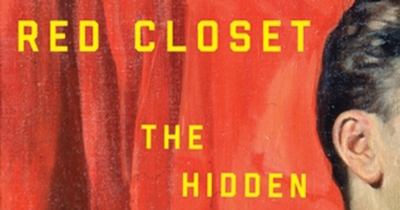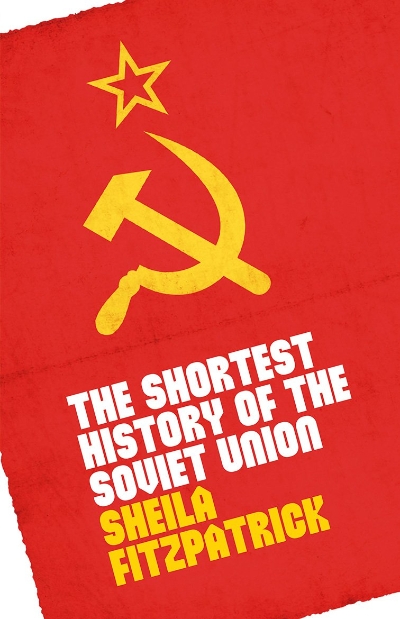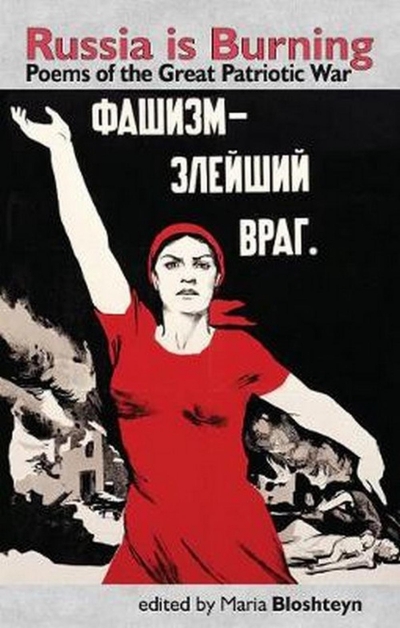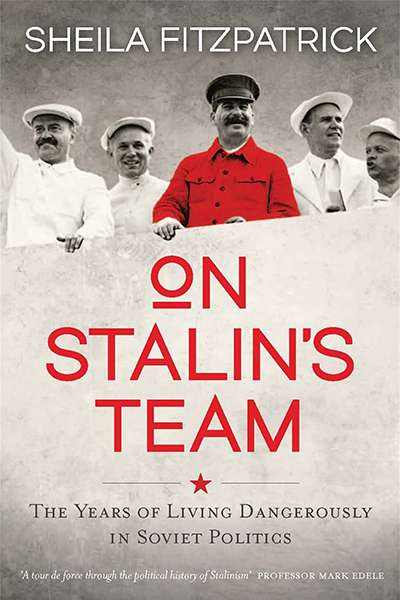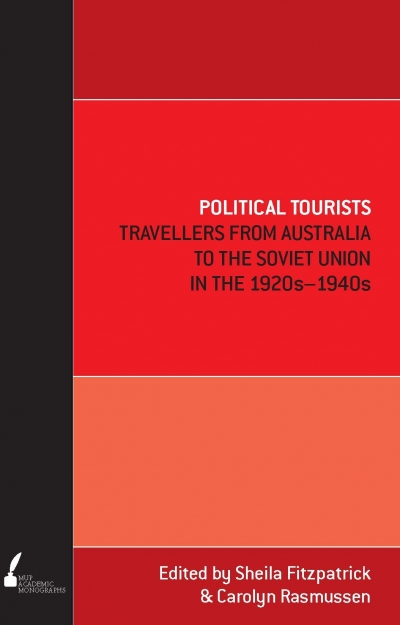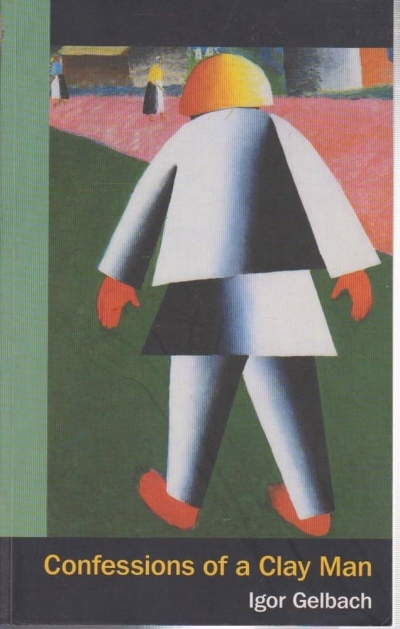Soviet Union
Red Closet: The hidden history of gay oppression in the USSR by Rustam Alexander
by Iva Glisic •
The Shortest History of the Soviet Union by Sheila Fitzpatrick & Collapse by Vladislav M. Zubok
by Luke Stegemann •
Russia Is Burning: Poems of the Great Patriotic War edited by Maria Bloshteyn
by David Wells •
On Stalin’s Team: The Years of Living Dangerously in Soviet Politics by Sheila Fitzpatrick
by Mark Edele •
Political Tourists: : Travellers from Australia to the Soviet Union in the 1920s–1940s edited by Sheila Fitzpatrick and Carolyn Rasmussen
by John Thompson •


